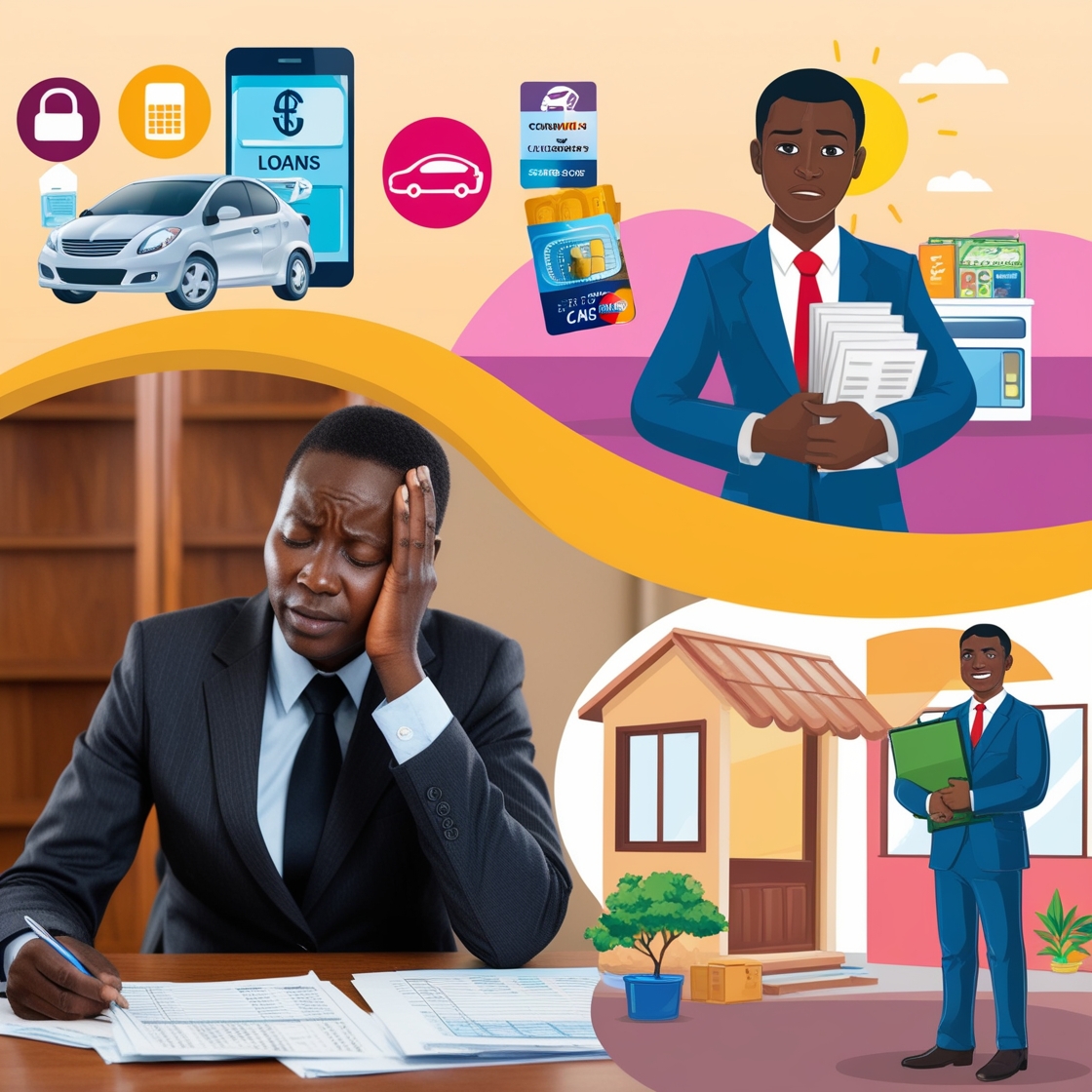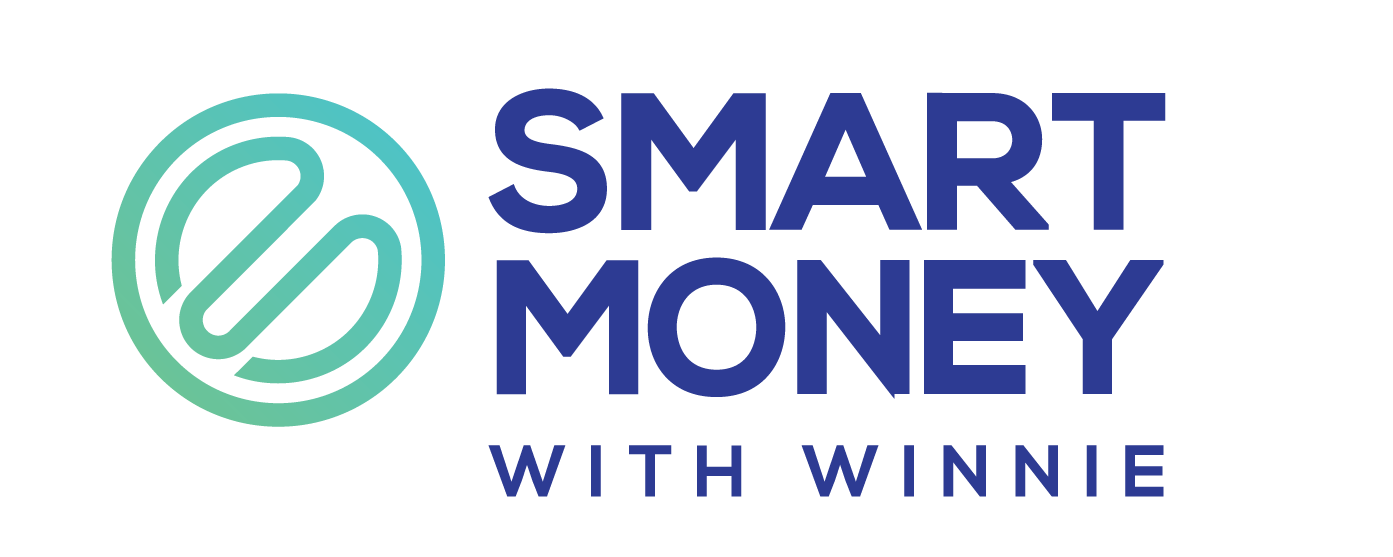The Hidden Traps of Modern Consumerism: Breaking Free from the Debt Cycle

Every day, your favorite shopping brand constantly bombard messages telling you what you must buy to be happy, successful, or fulfilled. It’s easy to get caught up in the whirlwind of consumerism, believing that each purchase will bring us closer to living our dream life. But what if this dream is a carefully constructed illusion, one that’s keeping us trapped in a cycle of debt and unfulfillment? Let’s take a closer look at the realities of modern consumerism and how it impacts our financial well-being.
The Illusion of Living the Dream
At first glance, it might seem like you’re living the dream. You have a good job, a nice car, a well-furnished home, and all the latest gadgets. Congratulations! You’ve achieved what society often portrays as success. But beneath this shiny exterior, there’s often a less glamorous reality lurking.
Many of us have fallen into the trap of buying things we don’t really need, using money we don’t actually have. This behavior leads us down a dangerous path of accumulating debt, which can have far-reaching consequences on our financial health and overall well-being.
The Debt Trap: A Modern-Day Snowball Effect
The “snowball effect” is a term often used in finance to describe how debt can quickly accumulate and become overwhelming. Here’s how it typically unfolds:
- Initial Purchases: You start by making a few seemingly harmless purchases on credit, thinking you’ll pay them off quickly.
- Lifestyle Inflation: As you earn more, instead of saving the extra money, you increase your spending to match your new income level.
- Credit Dependency: You begin to rely on credit cards or loans to maintain your lifestyle, especially for larger purchases.
- Minimum Payments: As debt accumulates, you find yourself only able to make minimum payments, which mostly cover interest rather than the principal.
- Debt Accumulation: Interest charges continue to pile up, causing your debt to grow even if you’re not making new purchases.
- Financial Stress: The burden of debt starts to weigh heavily on your mind, affecting your mental health and overall quality of life.
This snowball effect can leave you feeling trapped, working just to pay off debts rather than building wealth or pursuing your true passions.
The Job Dilemma: Working to Pay for It All
One of the most insidious aspects of this cycle is how it ties us to our jobs. What started as a means to support our lifestyle becomes a necessity to keep up with mounting debts. You might find yourself in a situation where:
- Your income is barely covering your expenses and debt payments
- You’re living paycheck to paycheck, with little to no savings
- You feel unable to leave a job you dislike because of financial obligations
- The stress of debt affects your work performance and job satisfaction
This situation can lead to a feeling of being “locked in” to your current job and lifestyle, unable to make changes or pursue new opportunities due to financial constraints.
The Perception of Debt as a ‘Friend’
In our consumer-driven society, debt is often portrayed as a helpful tool that allows us to achieve our dreams faster. Credit card companies and loan providers market their services as a way to “live the life you deserve now.” This messaging can lead to a dangerous perception of debt as a friend or ally in our quest for a better life.
However, this perception is a double-edged sword. While debt can indeed provide short-term gratification or help in emergencies, it often comes with long-term consequences that aren’t immediately apparent:
- High interest rates that significantly increase the cost of purchases
- Long repayment periods that tie up future income
- Potential damage to credit scores, affecting future financial opportunities
- The psychological burden of owing money
It’s crucial to recognize that while debt can sometimes be a useful tool, it should be approached with caution and a clear understanding of its long-term implications.
The Mismatch: Income, Debt, and Consumerism
One of the core issues at play is the mismatch between our income, our debt levels, and our consumer habits. In many cases, people find themselves in a situation where:
Income <= Debt + Consumer Spending
This equation represents a precarious financial situation where all (or more than) of one’s income is being consumed by debt payments and ongoing purchases. This leaves little to no room for savings, investments, or building long-term wealth.
The problem is exacerbated by the constant pressure to consume. Advertising, social media, and societal expectations all contribute to a culture of consumerism that can be difficult to resist. We’re constantly bombarded with messages about the latest products we “need” to be happy, successful, or accepted.











Breaking Free: The Path to Financial Freedom
So, how do we break free from this cycle? The key lies in shifting our perspective and making some fundamental changes to our financial habits:
- Reassess Your Needs vs. Wants: Take a hard look at your spending habits. Are you buying things you truly need, or are you trying to fill an emotional void through purchases?
- Create a Budget: Understand where your money is going each month. This awareness is the first step in regaining control of your finances.
- Prioritize Debt Repayment: If you’re carrying high-interest debt, make it a priority to pay it off as quickly as possible. Consider strategies like the debt snowball or debt avalanche method.
- Build an Emergency Fund: Having savings set aside for unexpected expenses can help you avoid relying on credit in times of need.
- Invest in Yourself: Instead of buying material goods, consider investing in education, skills development, or starting a side business that could increase your earning potential.
- Seek Alternative Sources of Fulfillment: Often, excessive spending is an attempt to find happiness or status. Explore non-material sources of fulfillment, such as relationships, experiences, or personal growth.
- Use Debt Wisely: If you do use debt, make sure it’s for things that have the potential to increase your wealth or income over time, such as education or starting a business.
The Power of Financial Education
One of the most effective ways to avoid the traps of consumerism and debt is through financial education. Understanding concepts like compound interest, the time value of money, and basic investing principles can empower you to make better financial decisions.
Consider:
- Reading personal finance books and blogs
- Attending financial literacy workshops
- Seeking advice from financial professionals
- Using budgeting and financial planning apps
The more you understand about money management, the better equipped you’ll be to resist the siren call of unnecessary spending and make choices that align with your long-term financial goals.
Redefining Success and Happiness
Perhaps the most profound change we can make is to redefine what success and happiness mean to us. Our society often equates success with material possessions and outward signs of wealth. However, true financial freedom and personal fulfillment often come from:
- Having control over your time
- Pursuing work that you find meaningful
- Building strong relationships and connections
- Achieving personal growth and learning
- Contributing to causes you care about
By shifting our focus from accumulating things to accumulating experiences and personal growth, we can break free from the consumerist mindset that often leads to financial stress.
Your Financial Future is in Your Hands
The path to financial freedom isn’t always easy, but it’s certainly worth the effort. By recognizing the traps of modern consumerism, understanding the true cost of debt, and making conscious choices about how we earn, spend, and save our money, we can break free from the cycle of working just to pay for things we don’t need.
Remember, you have the power to change your financial situation. It starts with a single step – whether that’s creating a budget, starting to pay off debt, or simply becoming more mindful of your spending habits. Your future self will thank you for the financial wisdom and restraint you exercise today.
In the end, true wealth isn’t about having the most stuff. It’s about having the freedom to live life on your terms, free from the constraints of debt and the pressures of consumerism. So take that first step today, and begin your journey towards true financial freedom and personal fulfillment.
Debt doesn’t have to control your life. You have the power to make decisions that will lead to long-term success and freedom.

